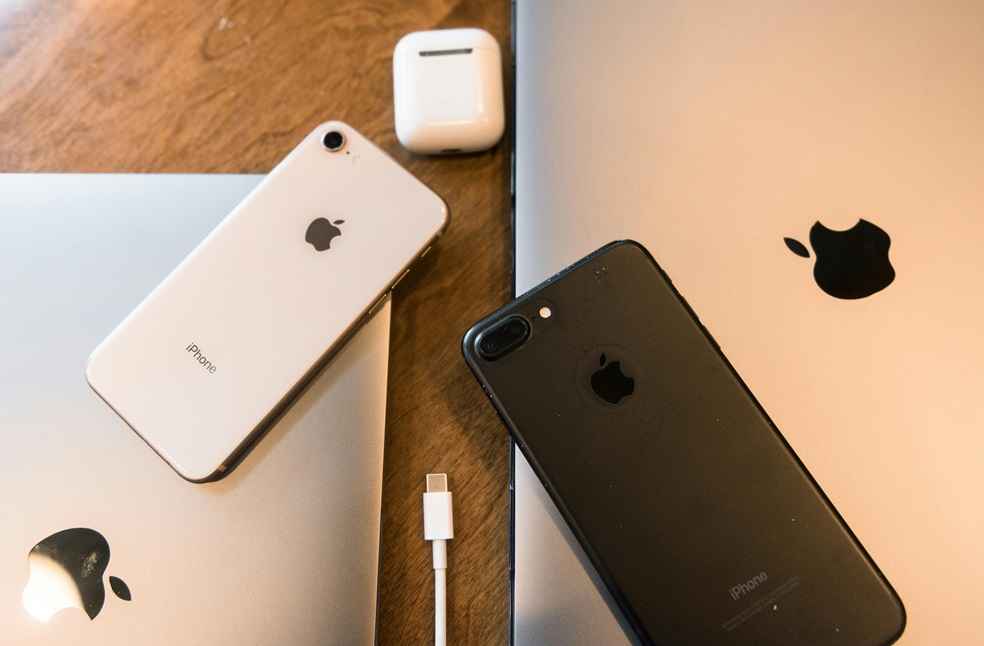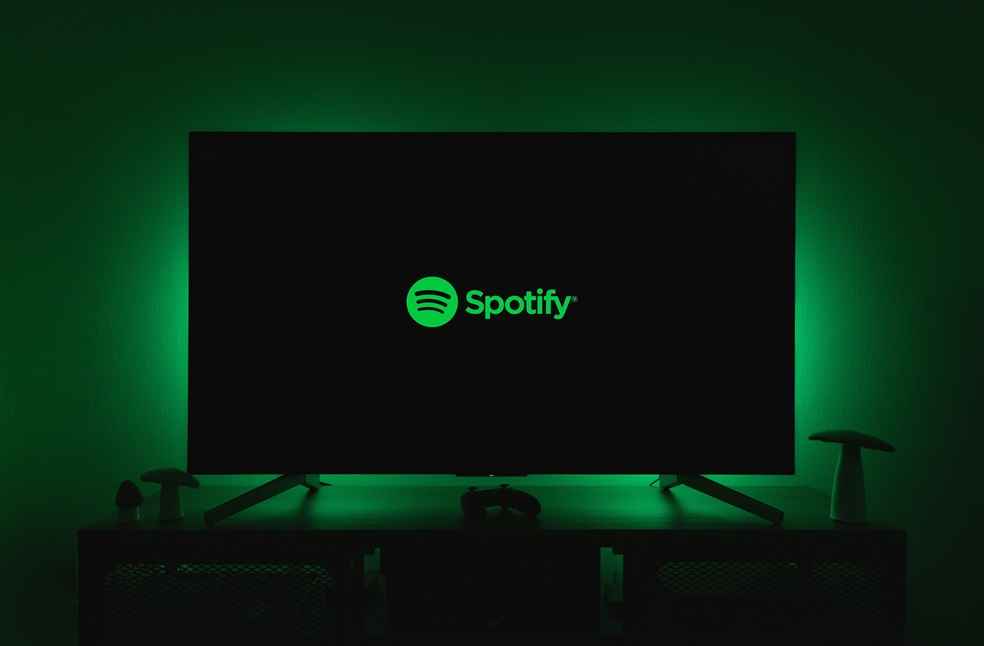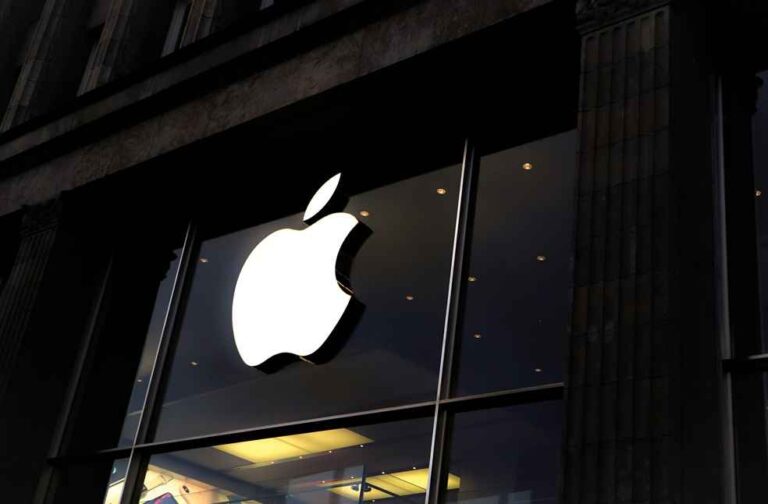United States: The US Department of Justice (DOJ) has filed a new antitrust lawsuit accusing Apple of illegally monopolizing the smartphone market. According to the DOJ and 16 state and district attorneys general, Apple raises prices for consumers and developers while increasing their dependence on Apple products.
As per the statements of the officials, the parties claim that Apple ‘selectively’ restricts developers’ access to the phone and withholds critical features to prevent competition.
The Department of Justice noted that, “Apple exercises its monopoly power to extract more money from consumers, developers, content creators, artists, publishers, small businesses, and merchants, among others.” The government pointed to several ways the tech giant allegedly maintained its monopoly illegally.

Jonathan Kanter, the chief of the DOJ antitrust division, stated that, “For years, Apple responded to competitive threats by imposing a series of ‘Whac-A-Mole’ contractual rules and restrictions that have allowed Apple to extract higher prices from consumers, impose higher fees on developers and creators, and to throttle competitive alternatives from rival technologies.”
Apple spokesperson Fred Sainz said that, “The lawsuit threatens who we are and the principles that set Apple products apart in fiercely competitive markets. If successful, it would hinder our ability to create the kind of technology people expect from Apple—where hardware, software, and services intersect. It would also set a dangerous precedent, empowering government to take a heavy hand in designing people’s technology. We believe this lawsuit is wrong on the facts and the law, and we will vigorously defend against it.”

The DOJ filed two separate antitrust suits against Google over the past two administrations before taking on Apple. For years, iOS app developers have complained about the platform’s closed and often opaque market.
Apple demands a 15 to 30 percent cut from companies like Spotify that run paid subscription services. Moreover, Apple’s apps compete with those in the App Store, the only place for users to download apps for security reasons, which has increased mistrust among developers.

A House subcommittee examined the tech giants a few years ago, so some developers were able to get Congress’s attention. Apple holds monopoly power in the iOS app distribution market, according to a 2020 report by that panel.
Legislation like the American Innovation and Choice Online Act and the Open App Markets Act attempted to prevent large platforms like Apple from providing an advantage to their products in their marketplaces. Both of them have not received a vote in either chamber in more than two years since they were introduced.



